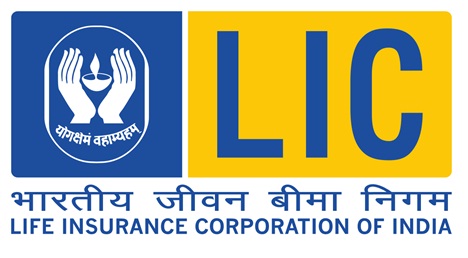One of my client ask me that their LIC agent is not cooperating / assisting to them if he is in need of any query of help, so transfer my policy under your agency name. I told them it is not possible right now because LIC has not provided Agent Portability. So if you are in need of any assistant tel me if I can do so.
During the time of buying the policy, all insurance agent claims big promises like they always take care of your policy, any other services related issue or ready to serve you in case of sudden demise of a policyholder. But the reality is little different. There are many reasons for that. One of them are mostly agent do this profession as part time job. Hence all agent not committing full time to their service. And this may be possibly that policy holder may not get proper service from their agent.
Majority of Insurance agents does not care for after sales service however, few of them take care of their clients with a hope for further policy or references.
LIC agent is a salesman who just acts as an intermediate between the customer and LIC of India. Once the plan is sold by the agent to the customer, then you are only a customer of LIC of India and the agent has no liability towards you. So, if your agent is not assisting you in depositing LIC Premium, or some other help then you can not do any thing.
The only exception is being that if a plan is sold to you with improper information you can withdraw your insurance policy within 15 days.
As of now there are no such rules set either by Insurance Companies or from IRDA regarding change / port of Agent.
But if your agent has died then you can write an application to the branch and ask them to assign your policies in the name of your new agent. But it is possible only if your policy becomes an Orphan Policy.
The policy (ies) initially effected by an Individual Agent whose services were subsequently terminated or removed from LIC are qualified as Orphan Policy (ies) and are qualified as Orphan Policy for the purpose of Agent Portability Rules. Except the policies whose effecting agent is entitled to renewal commission under section 44 of the Insurance Act , 1938 and The policies falling under proviso of Rule 10 (4) of LIC of India (Agents) Rules, 1972.









